The scorching heat during the summer season is the bane of our existence. To keep us cool and cozy indoors, the heat pump's cooling mode is what we need. We have researched information about the heat pump's cooling mode, and we've got everything you need to know right here!
In cooling mode, heat pumps will generate 15 to 20 degrees of cool air. For example, if it's about 80 degrees outside, and you set your regulator to 70 degrees, your heat pump will take out 50 degrees of heat until the room temperature is cooled down to 70 degrees.
Heat pumps are important indoor devices during the winter and summer seasons. As a homeowner, it is significant to know the basics of how a heat pump works. We're here to help you find out more information about this cooling and heating device. Read on!
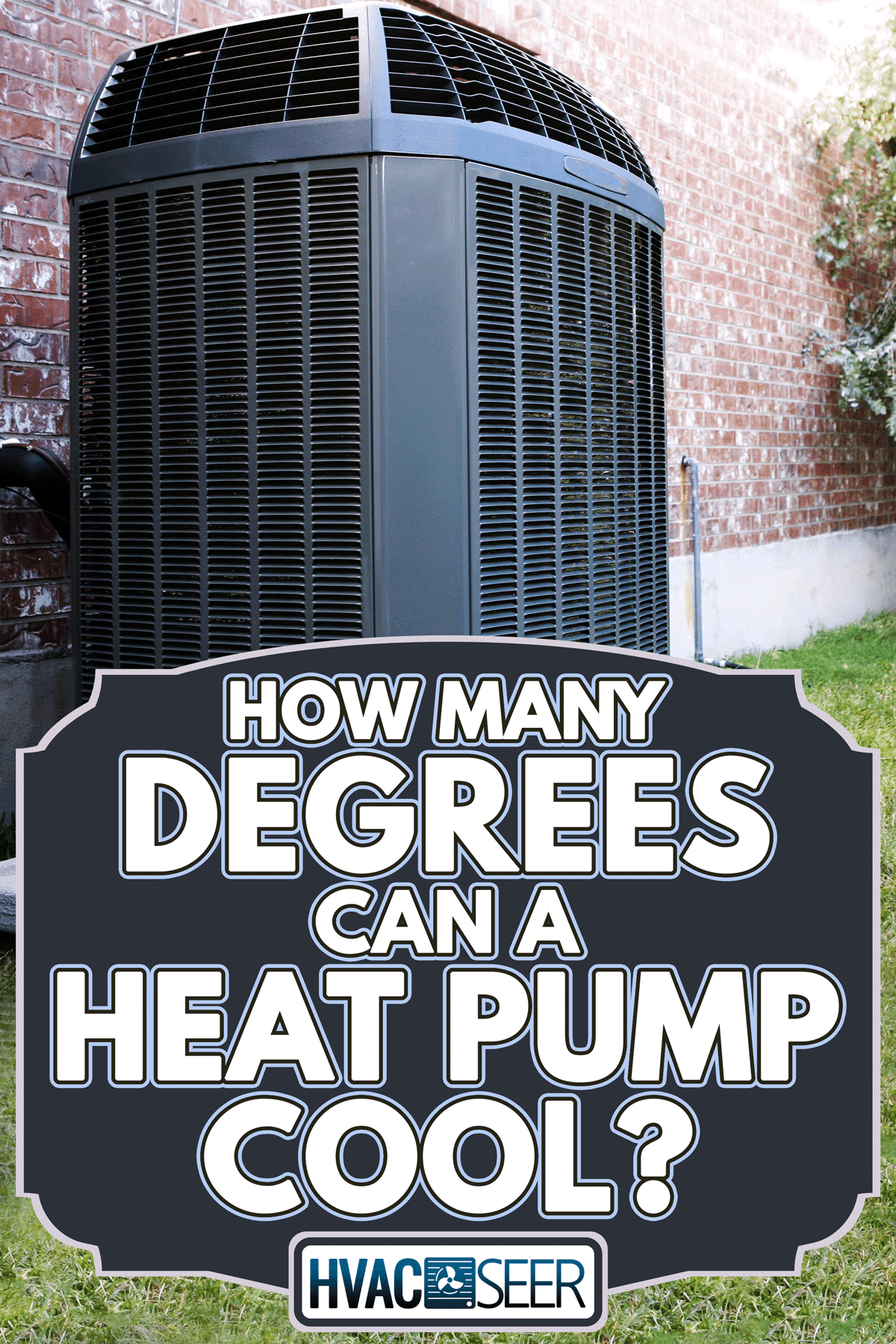
How Long It Takes To Cool Down The House
Summer heat can be dreadful in many parts of the country, which is why it is necessary to have a cooling system inside the house. Now you may be wondering how many degrees a heat pump can cool.
Basically, a heat pump produces cool air of about 15 to 20 degrees. If you choose the cooling mode and have set the temperature to 75 degrees, the heat pump will push out 55 degrees of heat until the room is cooled down to the required temperature.
Heat pumps do well in cooling down rooms and entire houses. However, it takes ample time before it can cool a room down fully because several factors affect the cycle. With that said, it can take at least three hours before the temperature goes down.
Ways to make your heat pump cool the air faster
Get a high-powered fan
This will help the air circulate faster. The cooling time with a high-powered fan would be at least less than an hour faster.
Use curtains and blinds
Both of these affect the overall temperature of the room. Putting up blinds or curtains, or even tinting your home windows helps regulate the heat and can make the room much cooler.
Close the windows, vents, and doors
This is one of the most effective ways to cool a room down. By doing this, the cold air would be forced to stay in the room. Remember, though, that it will still be relatively warmer in the other areas of the house.
Clean your heat pump regularly
Dirty air ducts can affect the cooling capacity of the heat pump. You may also want to contact establishments that offer heat pump services to check the coils and the refrigerant levels.
Buy a dehumidifier
A dehumidifier can help the heat pump cool the air faster. can also alleviate this problem. It helps remove moisture that comes with excess heat and keeps your indoor air dry making it more comfortable for you.
Dehumidifiers do not reduce the temperature directly, but they do create a dry cool atmosphere.
Why does a heat pump stop cooling?
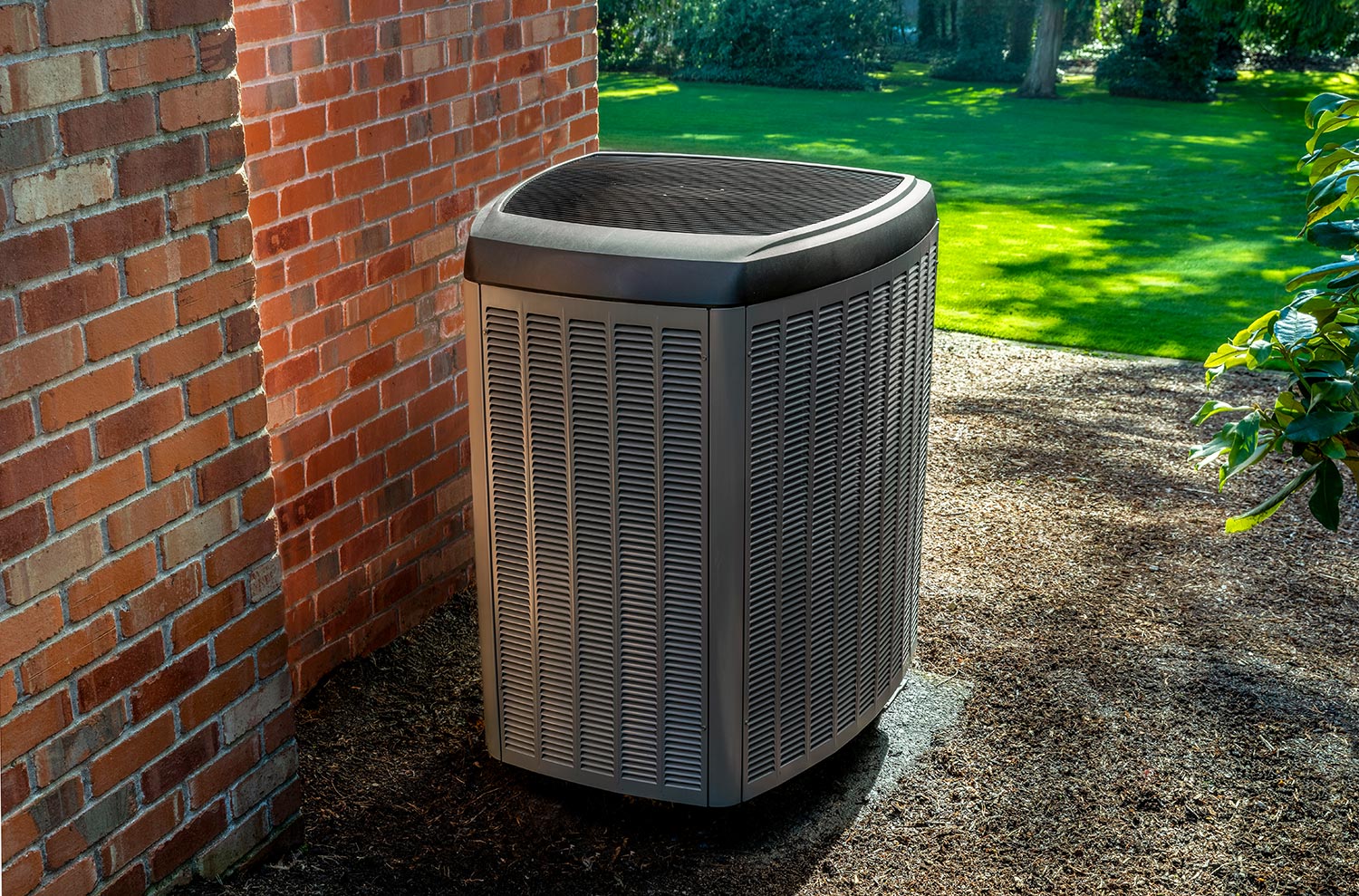
A heat pump that is not working during the intense summer heat is quite miserable. The reason why your heat pump stops cooling the room ranges from minor issues to more complicated ones.
If you are experiencing any problems mentioned below, try fixing the issue by following these simple tips or by calling heat pump repair services.
1. The Heat Pump's Reversing Valve is Stuck
One reason your heat pump stops producing cool air and makes the room hotter, even though you have correctly set the thermostat in cooling mode, is that it is stuck in heating mode. The heat pump's reversing valve may be stuck.
This situation happens because the system that is responsible for switching between air conditioning and heating is not functioning as it should. This keeps the heat pump from running in cooling mode.
To fix this problem, it's best to call for repair services from your local technicians because this kind of issue is best handled by professionals. They would either reset the system or replace the solenoid.
2. Heat Pump Is Frozen
There are a number of reasons why your heat pump is frosty during the summer season.
A refrigerant leak may be the main cause of this issue. The refrigerant is responsible for the heat exchange that lets the heat pump cool your house during the summer. If a leak occurs, the overall system may prevent heat exchange.
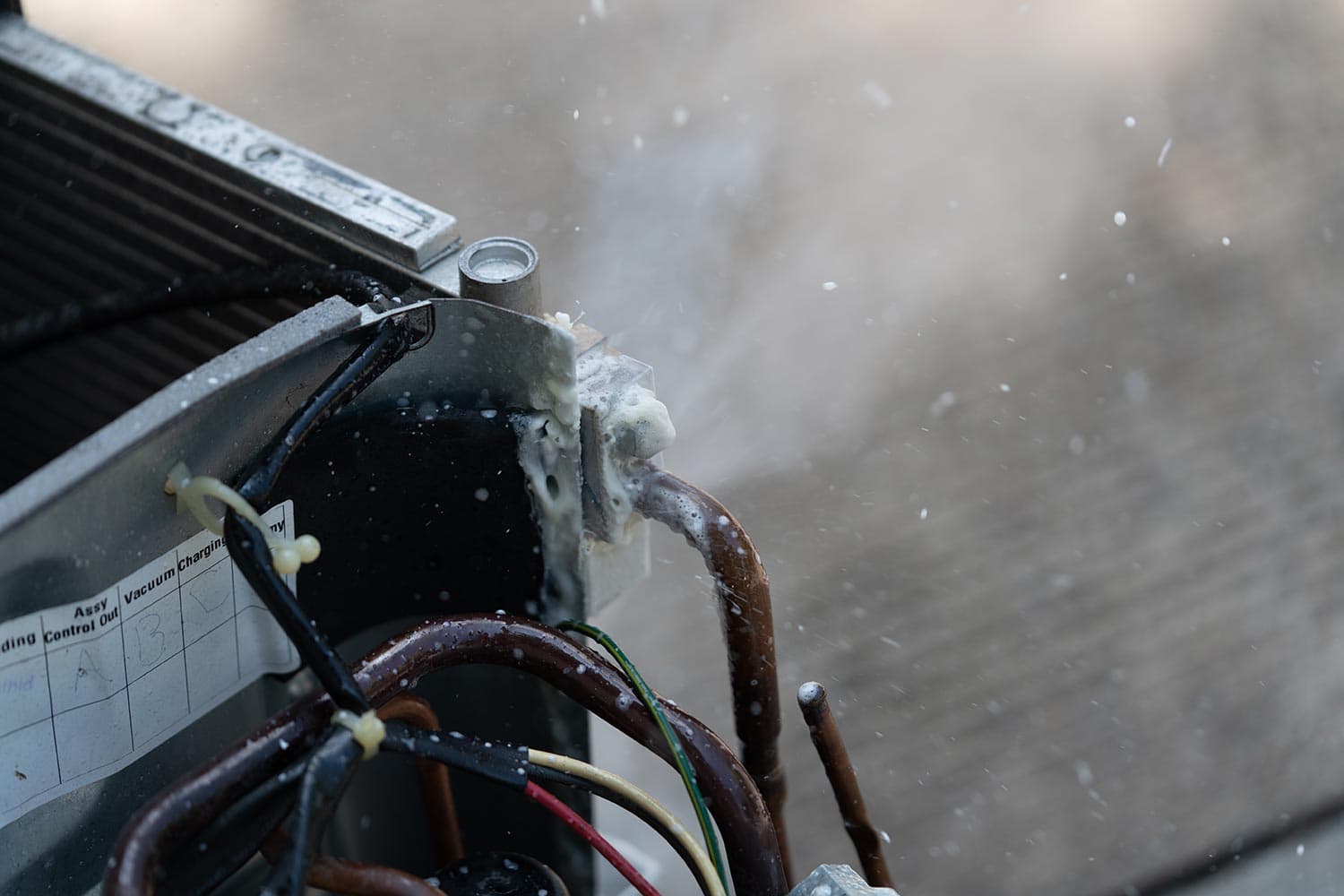
To fix this issue, it is important to locate and seal the source of the leak. Keep in mind that an EPA-certified HVAC technician should be the one to do the job.
Another cause of frozen heat pumps is because of dirty air filters. Unclean filters affect the flow of air, which is needed for a heat pump to effectively work. The good news, though, is that you won't have to call a technician for this issue. You can either simply replace the air filter with a new one, or clean the ones that you already have.
Having dirty coils could also be the reason why your heat pump is not working properly. Heat pumps use these coils to absorb and release heat. The cooling mode may not work well if the surface of the coils is dirty. You can schedule a coil cleaning to keep your coils in good condition.
3. Thermostat is set inaccurately
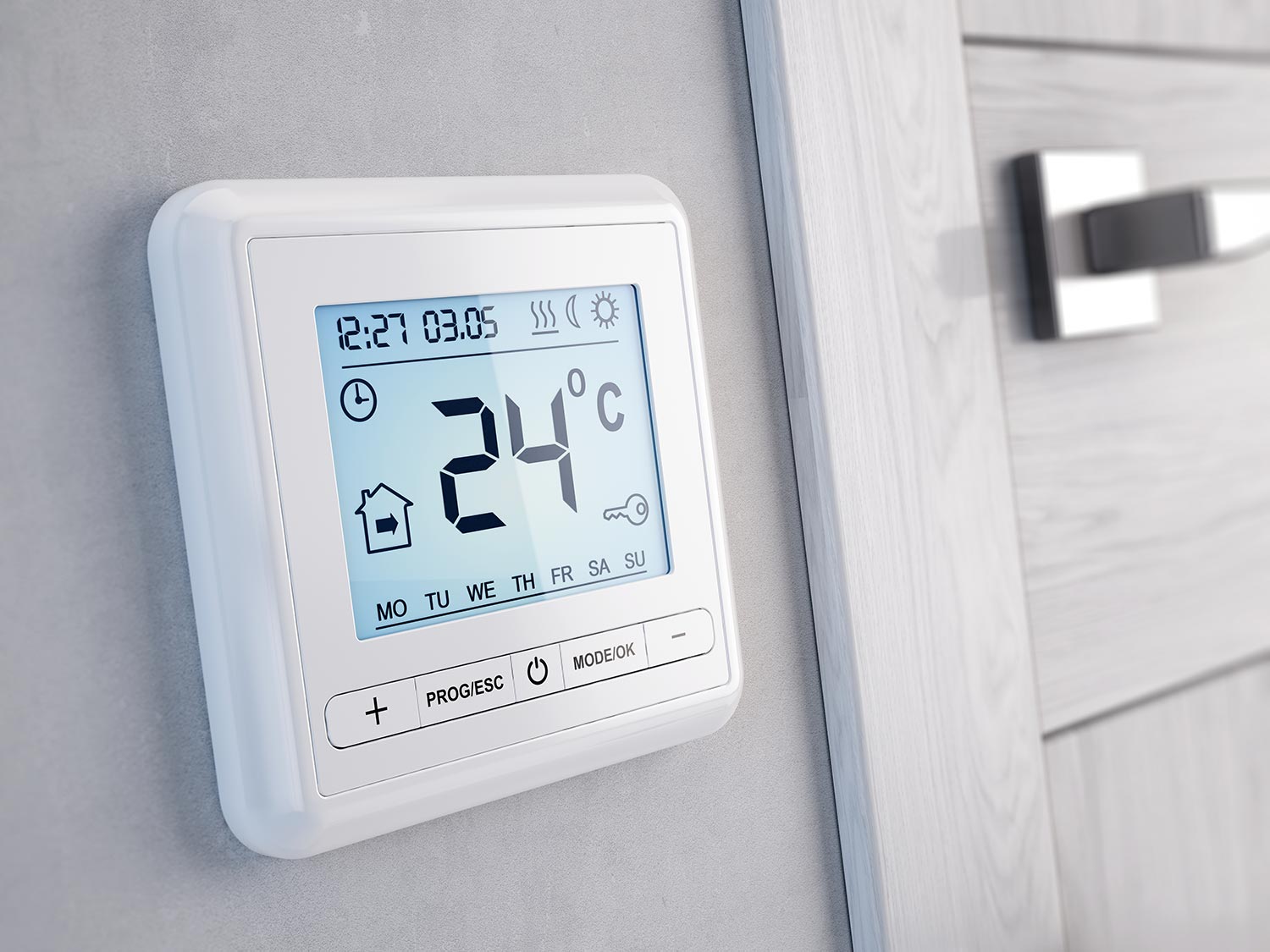
The simplest reason behind a heat pump not producing cool air is that the thermostat is not set correctly.
It's possible that you selected heating mode by accident or you may have used an old setting on your programmable thermostat. You would have to select "Cooling Mode" on the thermostat so that the heat pump will start cooling the room.
If your heat pump is releasing warm air, you should check your thermostat's setting if it is set correctly. Someone might have also turned up the set point higher, which may be why the system won't run correctly.
4. Heat Pump won't turn on
If the thermostat is properly set and the heat pump is still not turning on, there could be a problem with the power source. You should open your home's electrical panel and check the breakers.
Make sure that the breakers are properly set. The next thing you have to do is to check the on/off switches. These switches are located on both the indoor and outdoor system components. See to it that they are both turned on.
If the heat pump is still not turning on, you can inspect the outdoor unit, and check if the reset button was triggered.
If you see that it was triggered, you should push the reset button once. Now if you've already pressed the button several times and the heat pump still won't run, there could be a larger issue at hand. You may have to call a technician to sort and diagnose the problem.
5. Blower malfunction
Another cause of a heat pump not producing cool air is that the blower is malfunctioning.
A blower is a significant part of a heat pump. Without it, there would not be any air circulation from the vents to your living space, even though the heat pump is set to cooling mode.
This can happen if the fan settings on your heat pump's thermostat are not set to "Auto" and if the fan has not been turned off.
If you've checked it and found that this is still not the reason why the blower is not working properly, then the heat pump's switch needs to be adjusted.
Why heat pumps run continuously in summer?
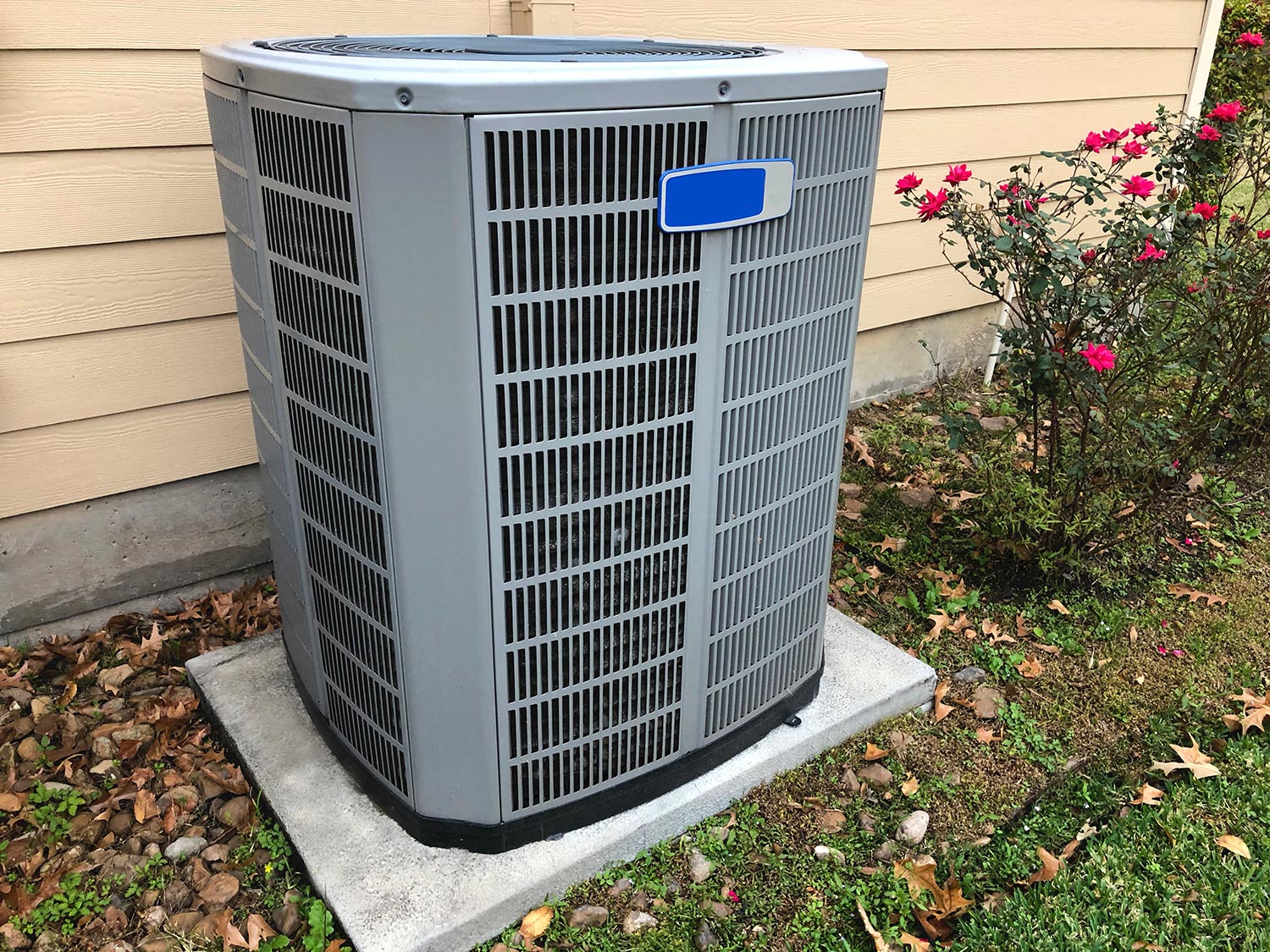
A heat pump that runs constantly during the summer season without actually cooling the house is a cause for concern. It only means that the heat pump is having a hard time reaching the set temperature.
One cause of this is that your heat pump can't keep up with the heating load because the unit may not be sized correctly.
The issue here is not the amount of time it takes before the heat pump can reach the set temperature. It's when the unit continuously runs and never stops, but no matter how long the heat pump runs, it still can't reach the thermostat setting.
If this is the case, you can resolve the issue by yourself by regularly checking and cleaning the unit.
However, the most advisable step to take is to contact technicians or professionals to fix the problem at hand. This would mean less work for you.
That said, you don't need to throw away the unit. It only needs some repair work for it to function properly again.
In Closing
It's important that you monitor your heat pumps because not doing so can result in bigger problems. Always remember to check the refrigerants and coils of your unit to ensure full cooling and heating efficiency.
If you found this article helpful, check out: "Thermostat Won't Go Above 70, What To Do?"
You can also take a look at this post: "Heat Pump Sounds Like Helicopter, What Could Be Wrong?"
